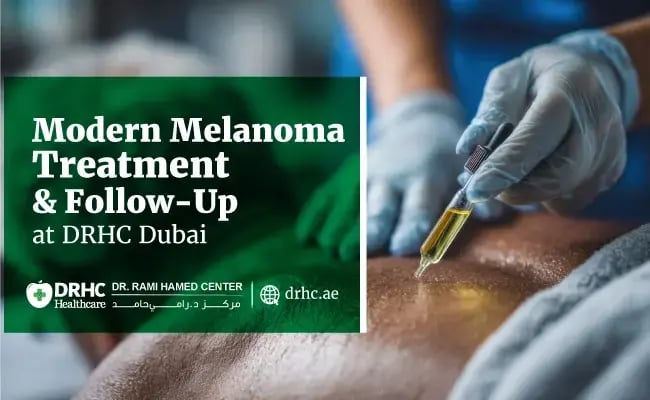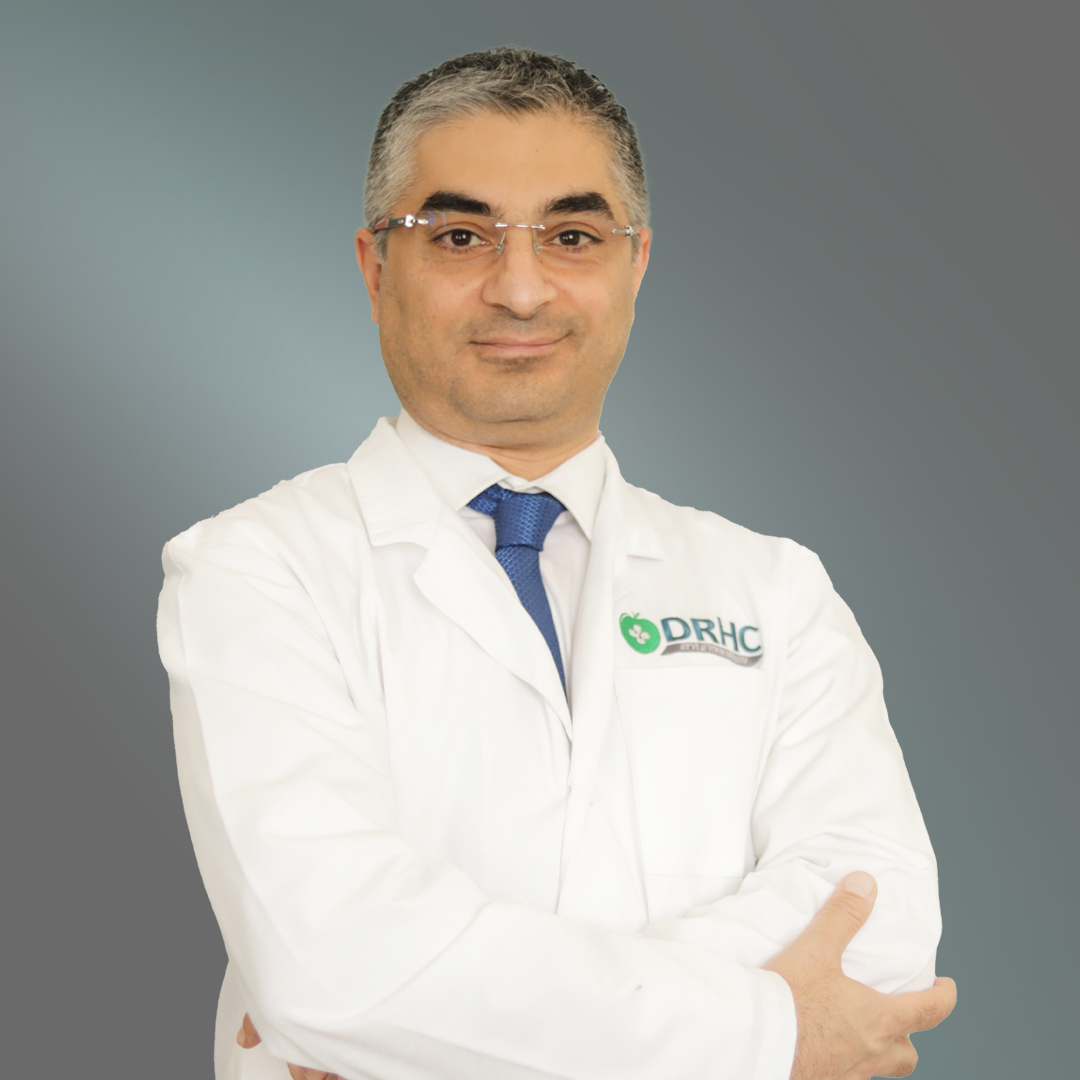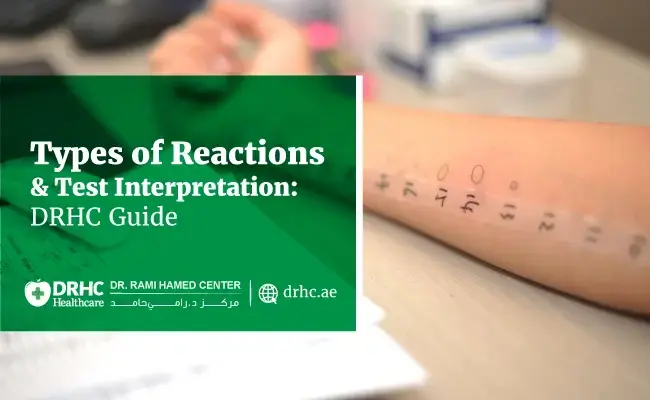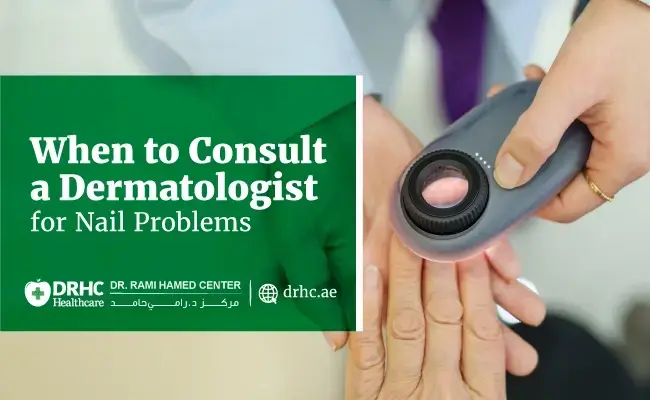
When you hear the word melanoma, it’s natural to feel concerned. Skin cancer, especially melanoma, can sound frightening — but advances in modern medicine mean that early diagnosis and personalized treatment lead to excellent outcomes. At Dr. Rami Hamed Center (DRHC) in Dubai, our specialists combine advanced technology, medical expertise, and compassionate care to ensure every patient receives the best possible treatment and follow-up support.
Understanding Melanoma: A Quick Overview
Melanoma is a form of skin cancer that develops in the pigment-producing cells known as melanocytes. It’s less common than other skin cancers but more aggressive, which is why early detection and prompt treatment are so important.
Dubai’s strong sun exposure makes skin protection and routine checks especially critical for residents. Regular dermatology screenings at DRHC help detect melanoma in its earliest, most treatable stages.
Modern Melanoma Treatment Options at DRHC Dubai
At DRHC, treatment is never one-size-fits-all. Each patient’s plan is tailored to their condition, medical history, and stage of melanoma. Our multidisciplinary approach combines dermatology, surgery, and oncology expertise to ensure safe, effective care.
1. Surgical Excision
For early-stage melanoma, surgical removal of the affected skin and a small margin of healthy tissue is often the most effective treatment. This outpatient procedure aims to eliminate the cancer completely while minimizing scarring.
2. Sentinel Lymph Node Biopsy
In some cases, a small sample of nearby lymph nodes is examined to determine if the cancer has spread. This helps guide further treatment and ensures nothing is overlooked.
3. Immunotherapy
For more advanced cases, immunotherapy helps the body’s immune system recognize and attack melanoma cells. This has revolutionized the way advanced skin cancers are managed worldwide.
4. Targeted Therapy
Some melanomas have specific genetic mutations (such as the BRAF gene). Targeted medications can directly block these mutations and stop cancer cells from growing.
5. Radiation or Chemotherapy
In rare cases, radiation or chemotherapy may be recommended, often in combination with other treatments, to destroy remaining cancer cells or relieve symptoms.
At DRHC Dubai, our team carefully discusses every treatment step with patients, ensuring they understand the process, benefits, and expected outcomes.
The Importance of Follow-Up Care
Melanoma treatment doesn’t end with surgery or medication. Ongoing follow-up is vital to monitor your recovery and ensure no recurrence. At DRHC, our follow-up protocol includes:
- Regular skin examinations to check for new or changing moles.
- Lymph node checks and imaging, if needed.
- Guidance on sun protection and skincare after treatment.
- Support for emotional well-being and long-term confidence in your skin health.
Our specialists encourage patients to perform monthly self-exams at home and report any changes immediately. Early vigilance saves lives.
Living Well After Melanoma
Many patients lead completely normal, healthy lives after melanoma treatment. Protecting your skin from the sun, eating a balanced diet, and attending regular dermatology visits can greatly reduce your risk of recurrence.
At DRHC Dubai, we also help patients with scar care, cosmetic skin recovery, and lifestyle adjustments to promote healing and boost confidence.
FAQs About Melanoma Treatment and Follow-Up
1. Is melanoma always life-threatening?
Not when caught early. Early-stage melanoma can often be completely cured with minor surgery and regular monitoring.
2. How long does treatment usually take?
It depends on the stage and treatment type. Early melanoma may only require one surgical session, while advanced cases may need ongoing therapy over several months.
3. Will I have visible scars after treatment?
Our surgeons use advanced techniques to minimize scarring. Most small melanomas heal with minimal marks, especially when treated early.
4. How often should I have follow-up visits?
Usually every 3–6 months for the first few years, then annually. Your dermatologist will personalize the schedule for your needs.
5. Can melanoma come back after treatment?
Recurrence is possible but preventable with regular follow-ups and strict sun protection. Our dermatology team closely monitors every patient to ensure early intervention if needed.
Your Health, Our Priority
Facing melanoma can feel overwhelming, but you’re not alone. The specialists at Dr. Rami Hamed Center (DRHC) in Dubai are dedicated to guiding you every step of the way — from early detection and treatment to long-term skin health management.
With modern technology, advanced therapies, and compassionate care, DRHC Dubai offers the reassurance and expertise you deserve.
Schedule your skin examination or follow-up consultation at DRHC Dubai today and take charge of your skin health with confidence.
📞 Call / WhatsApp: +97142798200
📍 Visit Us: Dr Rami Hamed Center, Dubai Healthcare City
🌐 Website: www.drhc.ae
Topic: Dermatology









Leave a comment